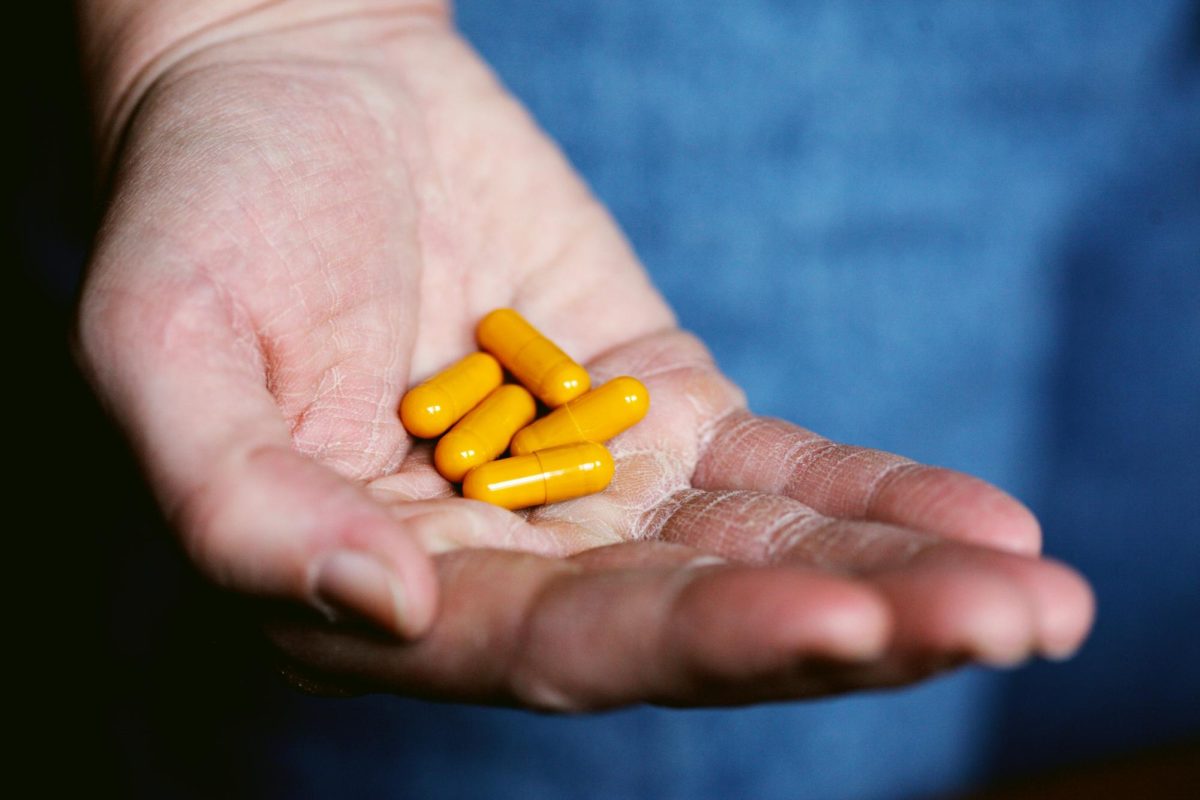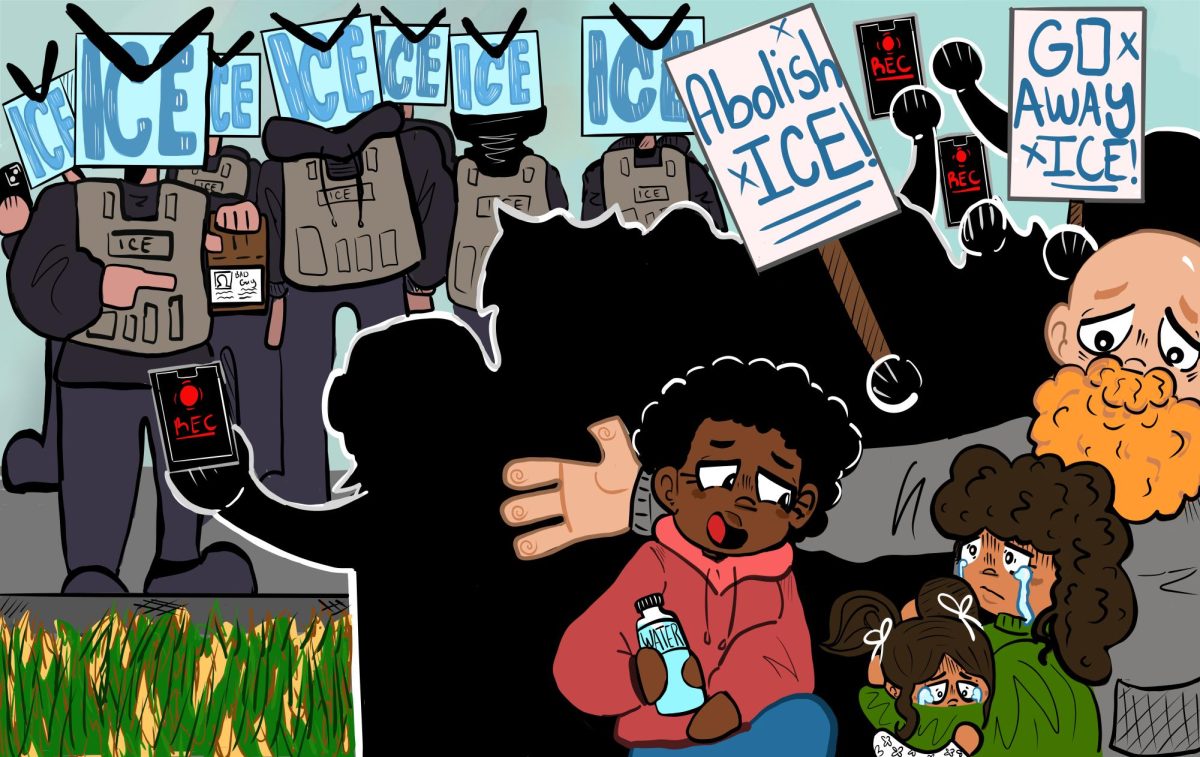To combat a healthcare system designed for profit, many have turned to “experts” for unorthodox health tips and tricks secretly motivated by the same capitalistic goal.
Following the assassination of Brian Thompson, United Healthcare’s CEO, stories resurfaced of customers who were denied coverage of necessary daily medication and lifesaving procedures.
Anthem Blue Cross Blue Shield’s most recent decision to limit its anesthesia coverage was quickly reversed after facing heavy scrutiny. However, regardless of whether it was implemented, this move reminded the American public of the insurer’s overt, greedy ambitions.
Studies published by the U.S. National Library of Medicine, the American Economic Association and The New England Journal of Medicine show significant markups for prescriptions and specialty drugs, with the latter listing a 300% markup in some cases.
Policies aimed at minimizing prescription costs for those on Medicare or Medicaid were demolished days after the new presidential inauguration.
To avoid crippling medical debt, many look to holistic products and techniques as a preventative measure or treatment alternative.
Unfortunately, where those trying to better their health see possibility, others see vulnerability, desperation and opportunity for capital.
During my brief time in retail selling supplements, customers frequently asked for herbalist solutions because they couldn’t afford their doctor-recommended prescription, or more alarmingly, completely lost trust in the medical industry to prioritize their well-being.
I saw, first-hand, employees encouraged to spot vulnerabilities among customers and discourage them from using prescribed medicine to increase the day’s net sales.
However, consumers fail to realize that often the organization crowning itself as the more ethical alternative is using society’s growing fear of medicine and its power to weaken logic, to expand their net worth.
This isn’t to disparage natural supplements or holistic healing approaches. There are clinically studied vitamins, minerals and herbs that can help ease minor health concerns. Still, independent research into the product’s effectiveness and the advice of medical professionals should be taken into account.
Social media has spearheaded the trend of profiting from people’s weaknesses while spreading misinformation. Its accessibility and lack of regulation make it a breeding ground for sharing conspiratorial health facts and promoting products and seminars.
This has blown up on the nutrition side of various social platforms. Influencers are pushing potentially dangerous lifestyle changes with claims that they could cure chronic and immune diseases.
Recently, unpasteurized milk and animal-based diets have circulated the health and wellness space, promising that raw dairy and the absence of fruits and veggies could eliminate bloating, balance hormones and regulate insulin levels.
Promoting these changes blatantly ignores the evolution of food safety and dietary science. It puts their audience in danger of viral diseases like avian flu and life-threatening neurological disorders should they choose to follow the advice.
We’re already witnessing the consequences of these practices in the form of severe nutritional deficiencies, high blood pressure, cholesterol and restrictive diets that demonize entire food groups.
These posts usually end by discrediting the research that counters their claims, and labeling those who continue following a more traditional nutrition plan as brainwashed sheep.
Unfounded claims are then accompanied by a pitch to sell a book, training course or supplement, highlighting the influencer’s main goal: to act as an authoritative source for a sensitive topic such as one’s health to fear-monger, belittle and proclaim the solution can only be found through them.
This manipulation method of offering a grand escape to a seemingly impossible situation isn’t new. It’s used on a much grander scale with cults recruiting those desperate for a better life.
These predatory tactics on the sick and fearful are dangerous and unregulated, and those responsible should be held accountable for the inevitable repercussions.






























